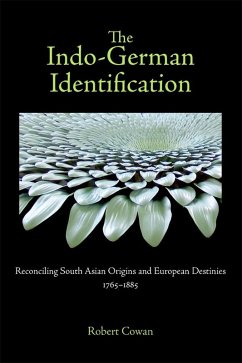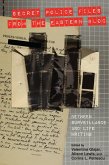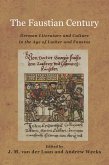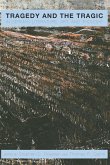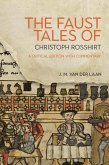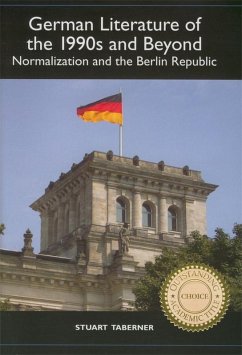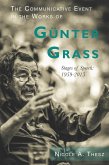The nineteenth-century development -- and later consequences -- of the imagined relationship between ancient India and modern German culture.
In the early nineteenth century, German intellectuals such as Novalis, Schelling, and Friedrich Schlegel, convinced that Germany's cultural origins lay in ancient India, attempted to reconcile these origins with their imagined destiny as saviors of a degenerate Europe, then shifted from "Indomania" to Indophobia when the attempt foundered. The philosophers Hegel, Schopenhauer, and, later, Nietzsche provided alternate views of the role of India in world history that would be disastrously misappropriated in the twentieth century. Reconstructing Hellenistic and humanist views of the ancient Brahmins and Goths, French-Enlightenment debates over the postdiluvian origins of the arts andsciences, and the Indophilia and protonationalism of Herder, Robert Cowan focuses on turning points in the development of an "Indo-German" ideal, an ideal less focused on intellectual imperialism than many studies of the "Aryan Myth" and Orientalism would have us believe. Cowan argues that the study of this ideal continues to offer lessons about cultural difference in the "post-national" twenty-first century.
Of great interest to historians, philosophers, and literary scholars, this cross-cultural study offers a new understanding of the Indo-German story by showing that attempts to establish identity necessarily involve a reconciliation of origins and destinies, of self and other, of individual and collective.
Robert Cowan is Assistant Professor of English at Kingsborough Community College of the City University of New York.
In the early nineteenth century, German intellectuals such as Novalis, Schelling, and Friedrich Schlegel, convinced that Germany's cultural origins lay in ancient India, attempted to reconcile these origins with their imagined destiny as saviors of a degenerate Europe, then shifted from "Indomania" to Indophobia when the attempt foundered. The philosophers Hegel, Schopenhauer, and, later, Nietzsche provided alternate views of the role of India in world history that would be disastrously misappropriated in the twentieth century. Reconstructing Hellenistic and humanist views of the ancient Brahmins and Goths, French-Enlightenment debates over the postdiluvian origins of the arts andsciences, and the Indophilia and protonationalism of Herder, Robert Cowan focuses on turning points in the development of an "Indo-German" ideal, an ideal less focused on intellectual imperialism than many studies of the "Aryan Myth" and Orientalism would have us believe. Cowan argues that the study of this ideal continues to offer lessons about cultural difference in the "post-national" twenty-first century.
Of great interest to historians, philosophers, and literary scholars, this cross-cultural study offers a new understanding of the Indo-German story by showing that attempts to establish identity necessarily involve a reconciliation of origins and destinies, of self and other, of individual and collective.
Robert Cowan is Assistant Professor of English at Kingsborough Community College of the City University of New York.
Dieser Download kann aus rechtlichen Gründen nur mit Rechnungsadresse in A, D ausgeliefert werden.

